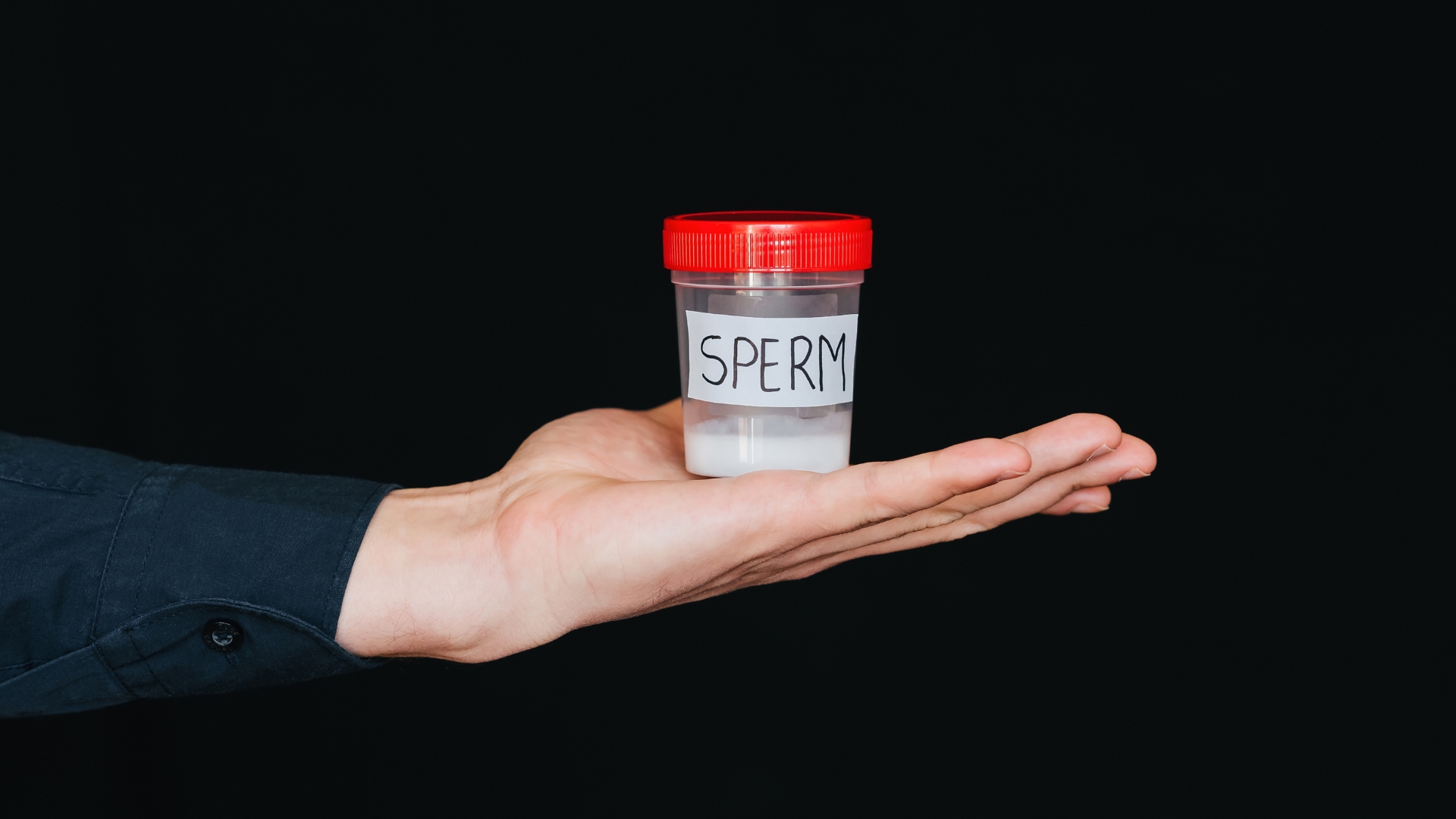IVF With Donor Sperm

In vitro fertilization (IVF) with donor sperm is a fertility treatment option that involves using sperm from a donor to fertilize an egg in a laboratory setting, and then transferring the resulting embryo back into the uterus of the person who will carry the pregnancy (referred to as the "intended mother"). This treatment can be an option for individuals or couples who are unable to conceive using their own eggs or sperm, or who carry genetic conditions that they do not want to pass on to their children.
The process of IVF with donor sperm typically involves several steps:
- Ovarian stimulation:The intended mother will be given fertility medications to stimulate the production of multiple eggs.
- Egg retrieval:The eggs are retrieved from the intended mother's ovaries using a procedure called transvaginal ultrasound-guided oocyte retrieval.
- Insemination:The retrieved eggs are fertilized with donor sperm in a laboratory setting. This can be done using a process called intracytoplasmic sperm injection (ICSI), where a single sperm is injected directly into the egg.
- Embryo transfer:After the eggs have been fertilized and have developed into embryos, one or more embryos are transferred back into the intended mother's uterus.
- Pregnancy test:A pregnancy test is performed about two weeks after the embryo transfer to determine if the treatment was successful.
It is important to note that IVF with donor sperm is a complex and expensive fertility treatment, and success rates can vary. It is important to discuss all of the potential risks and benefits of this treatment with a fertility specialist before deciding to pursue it.




